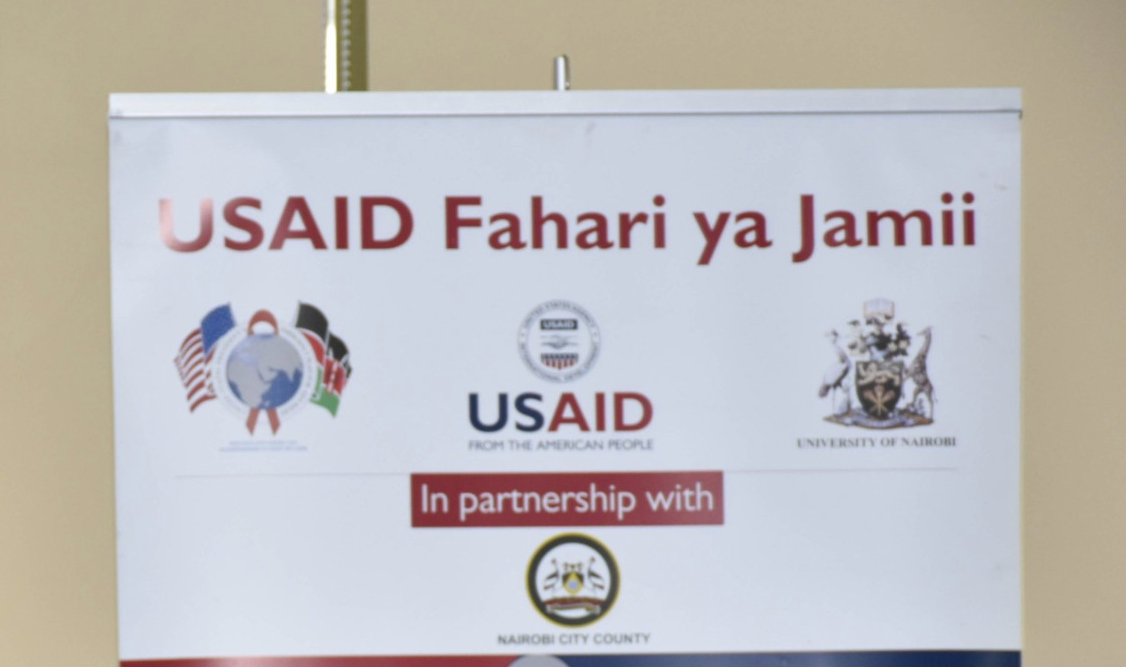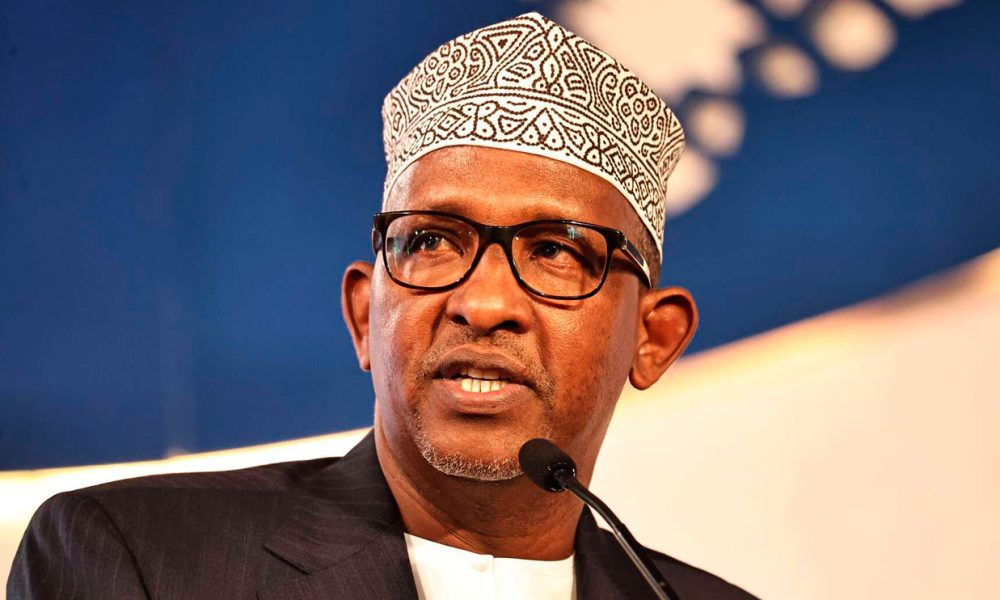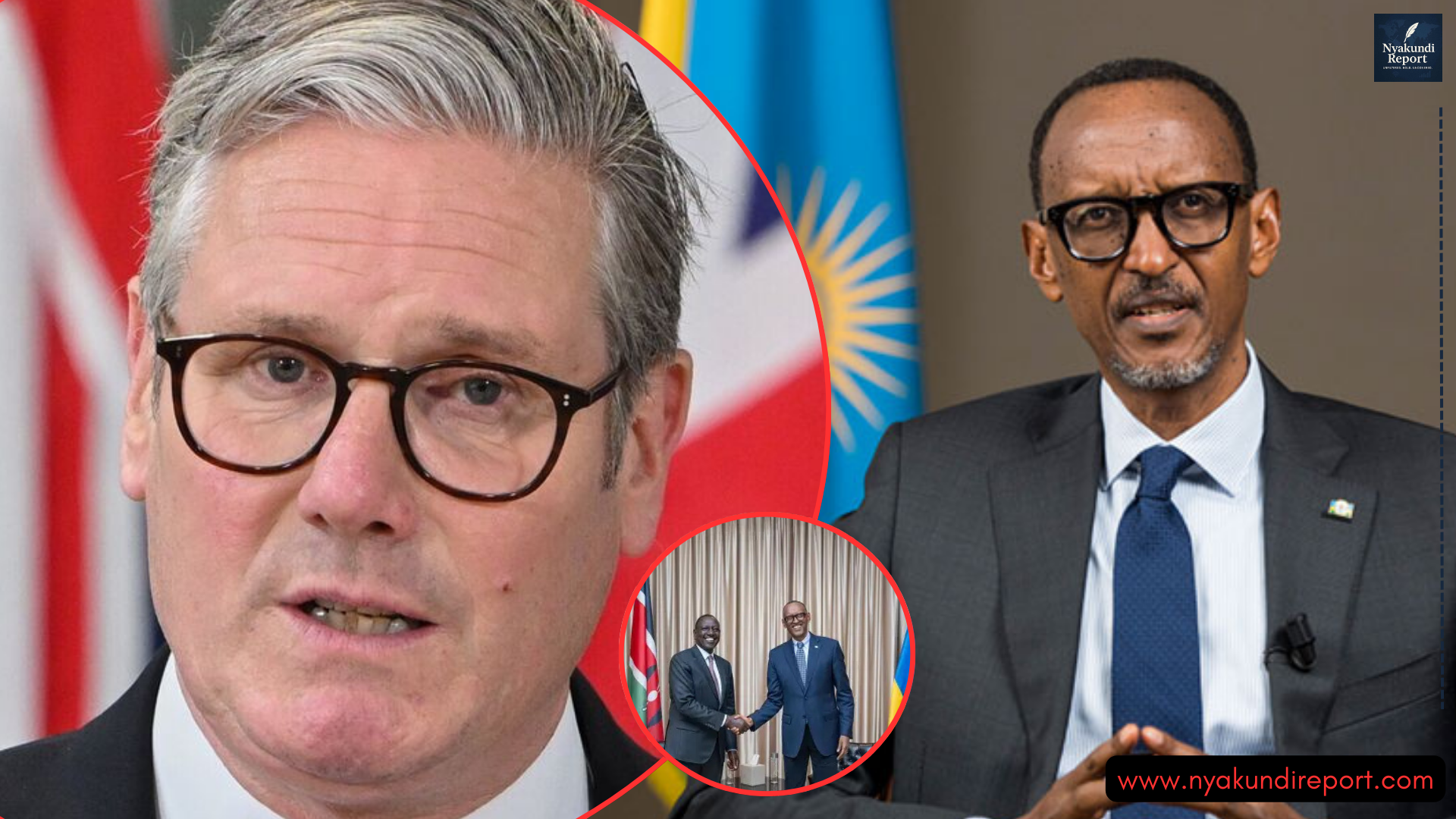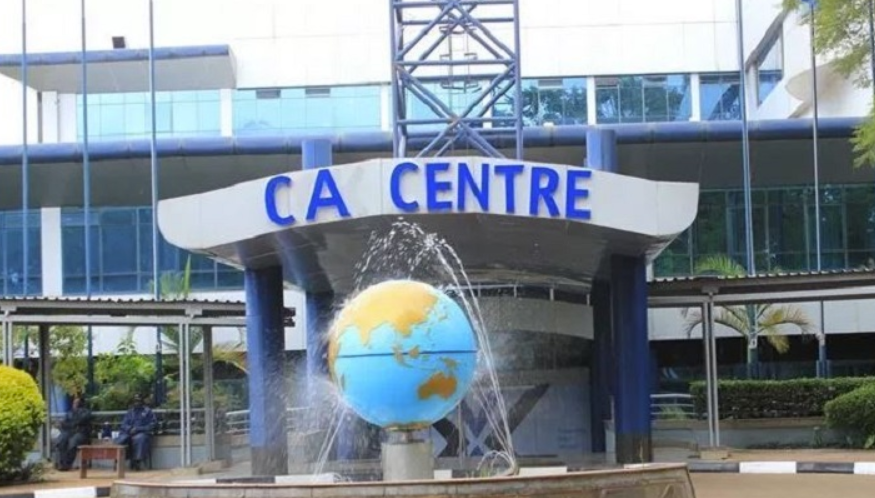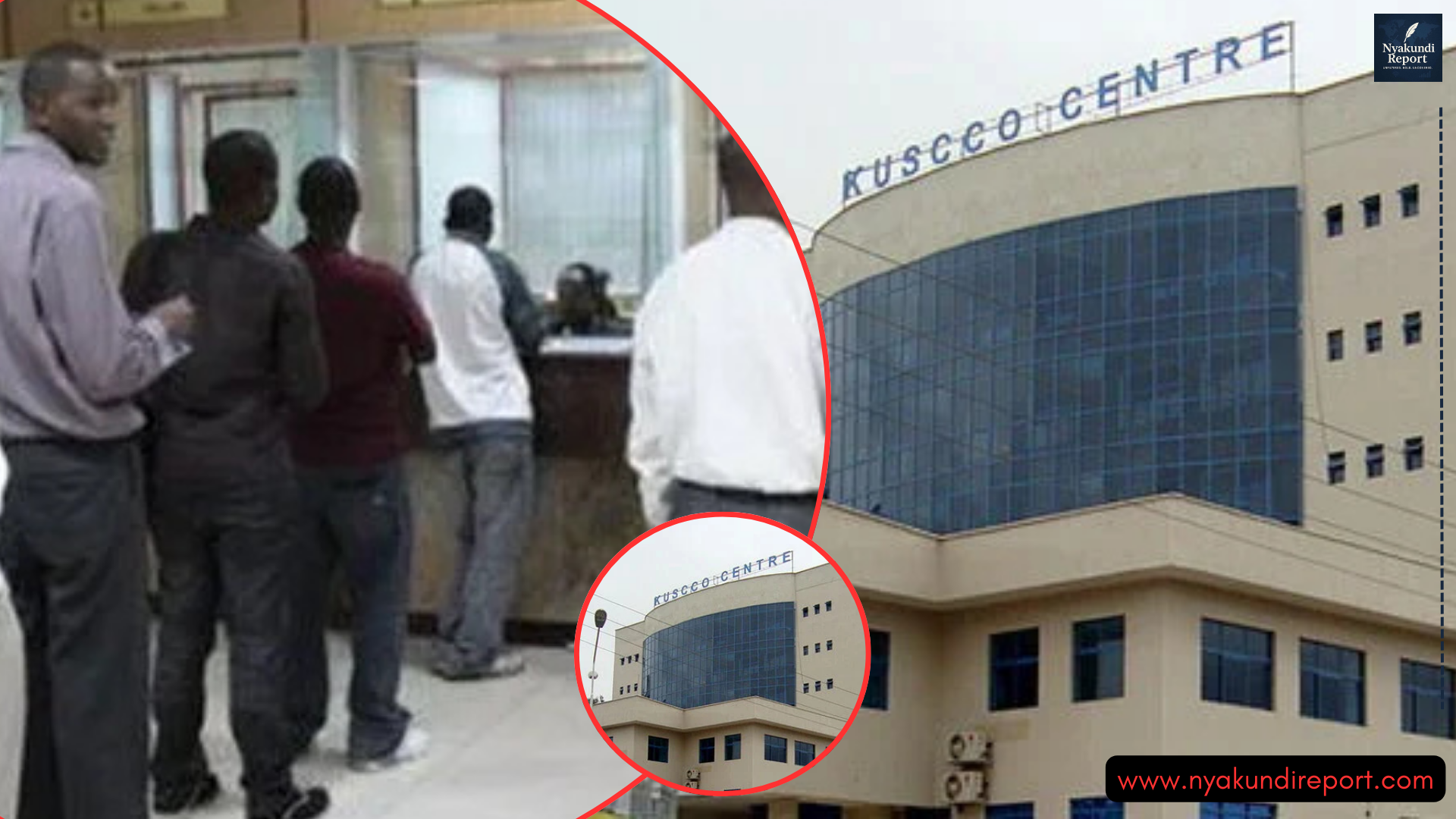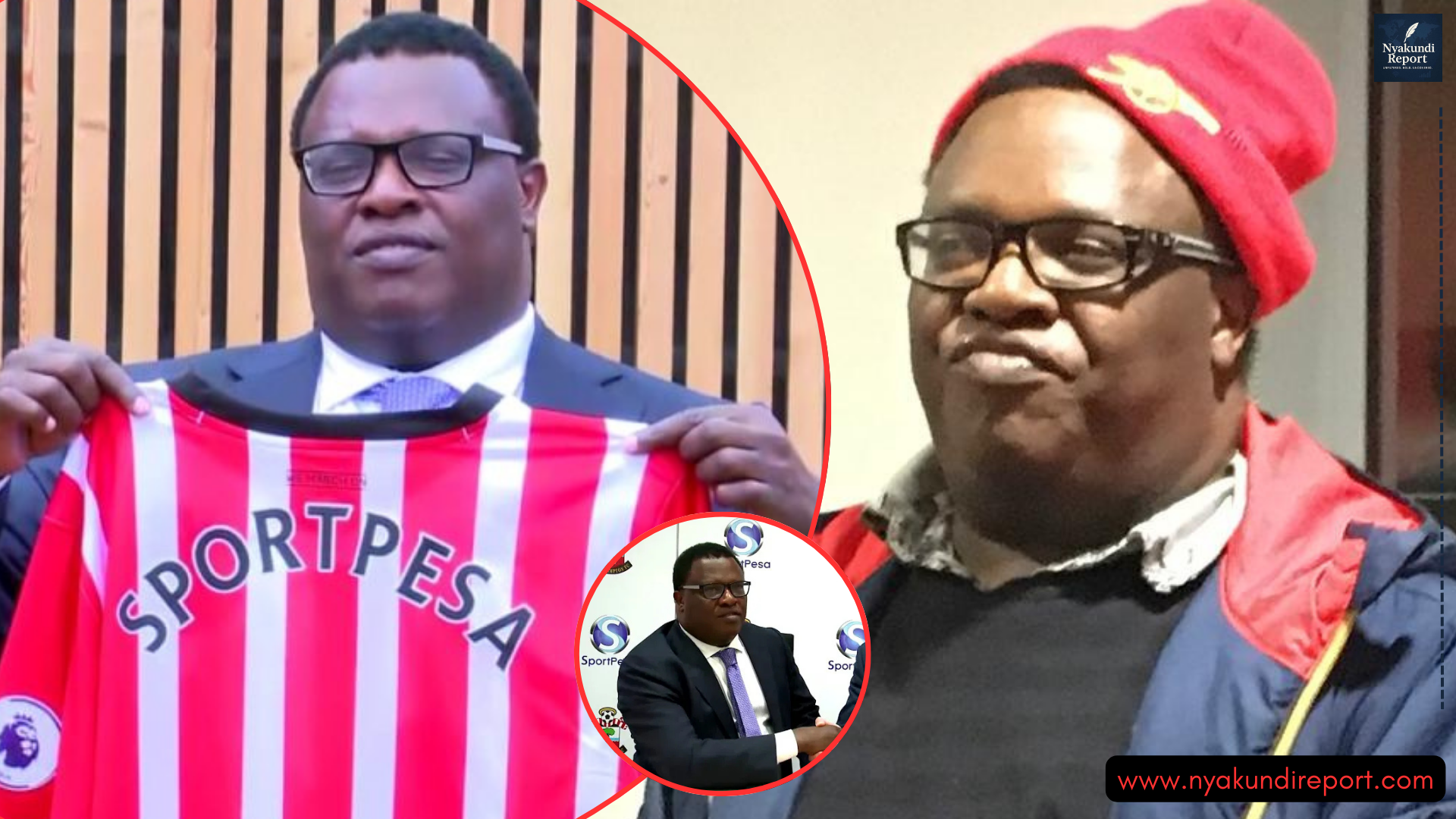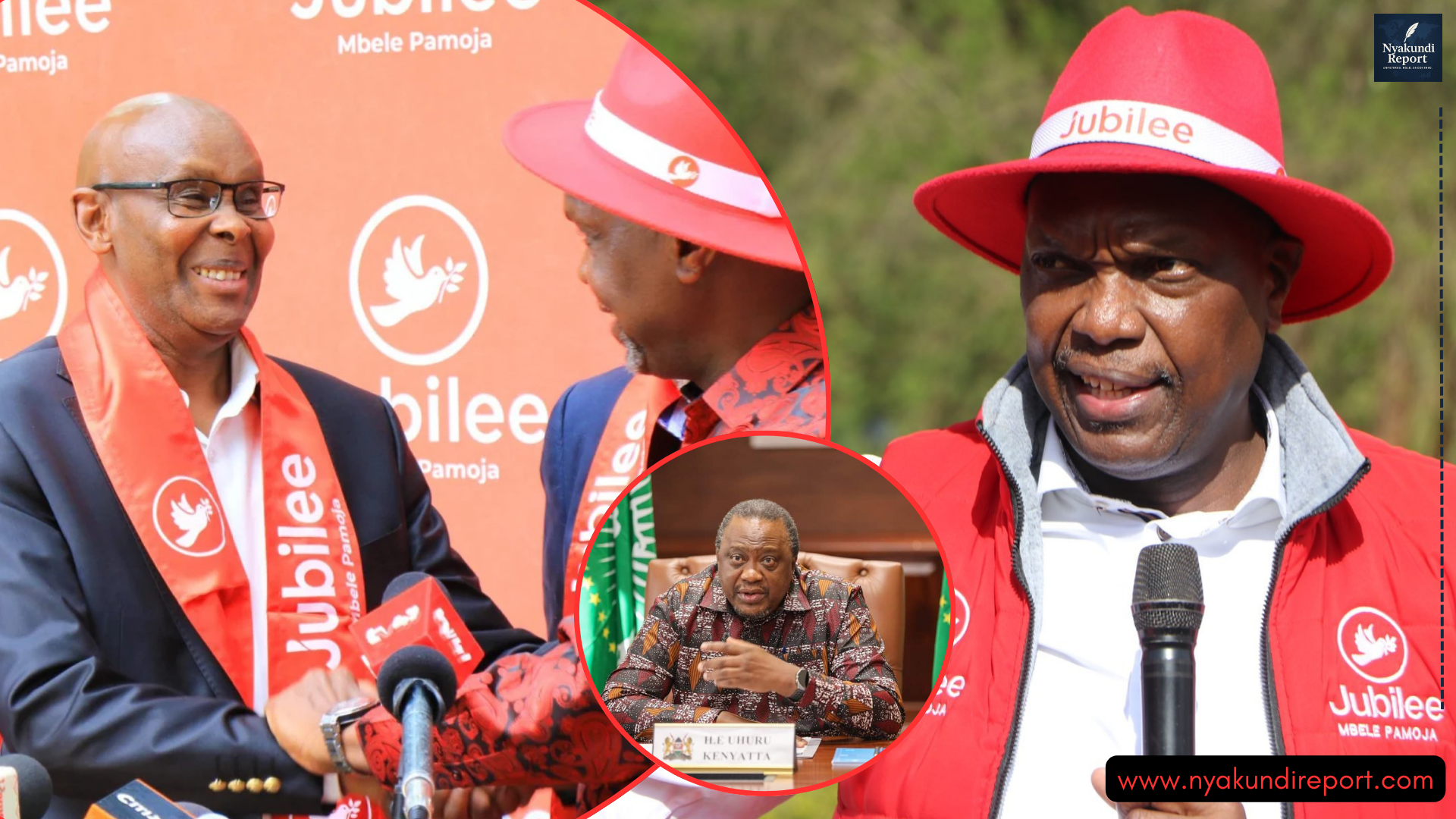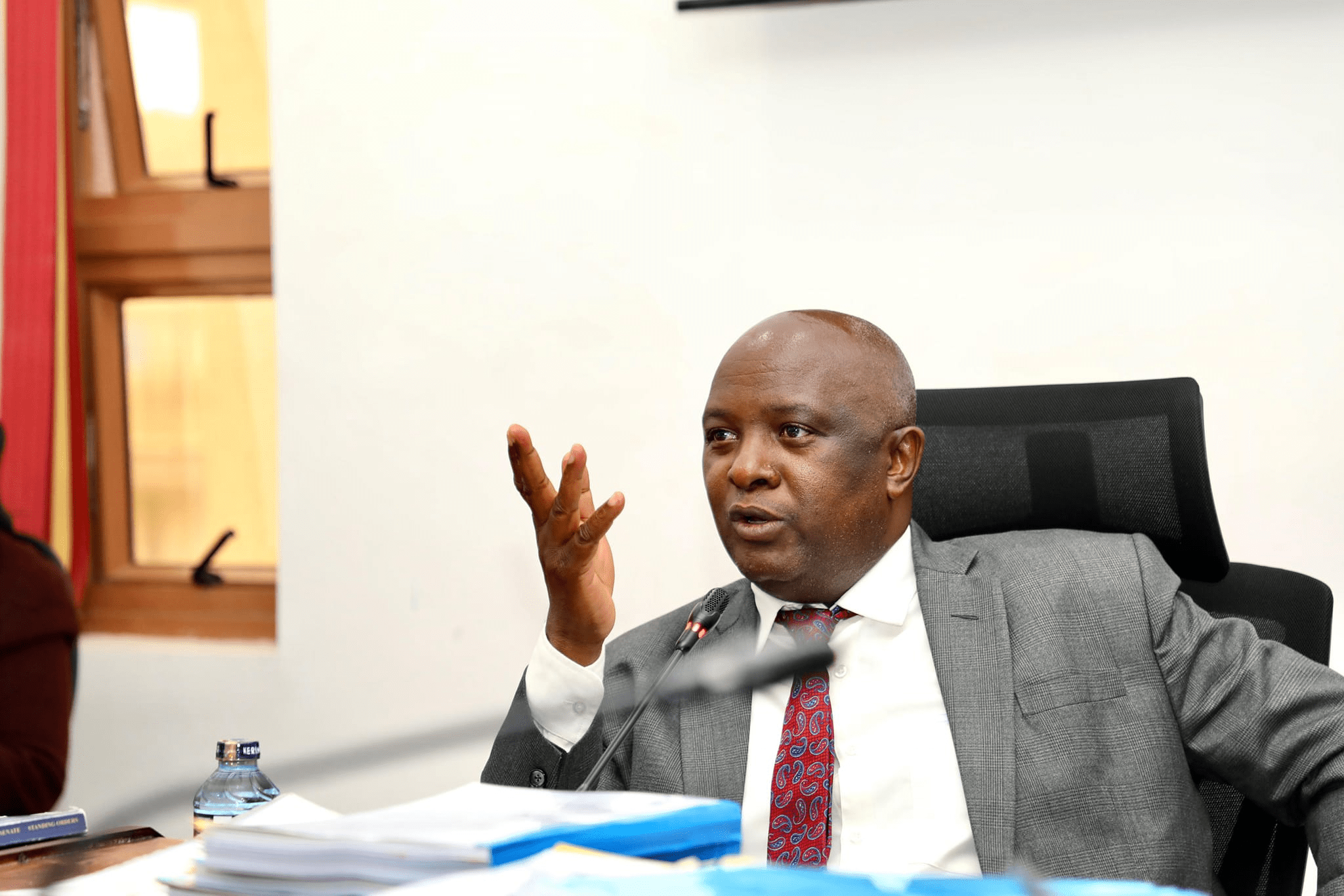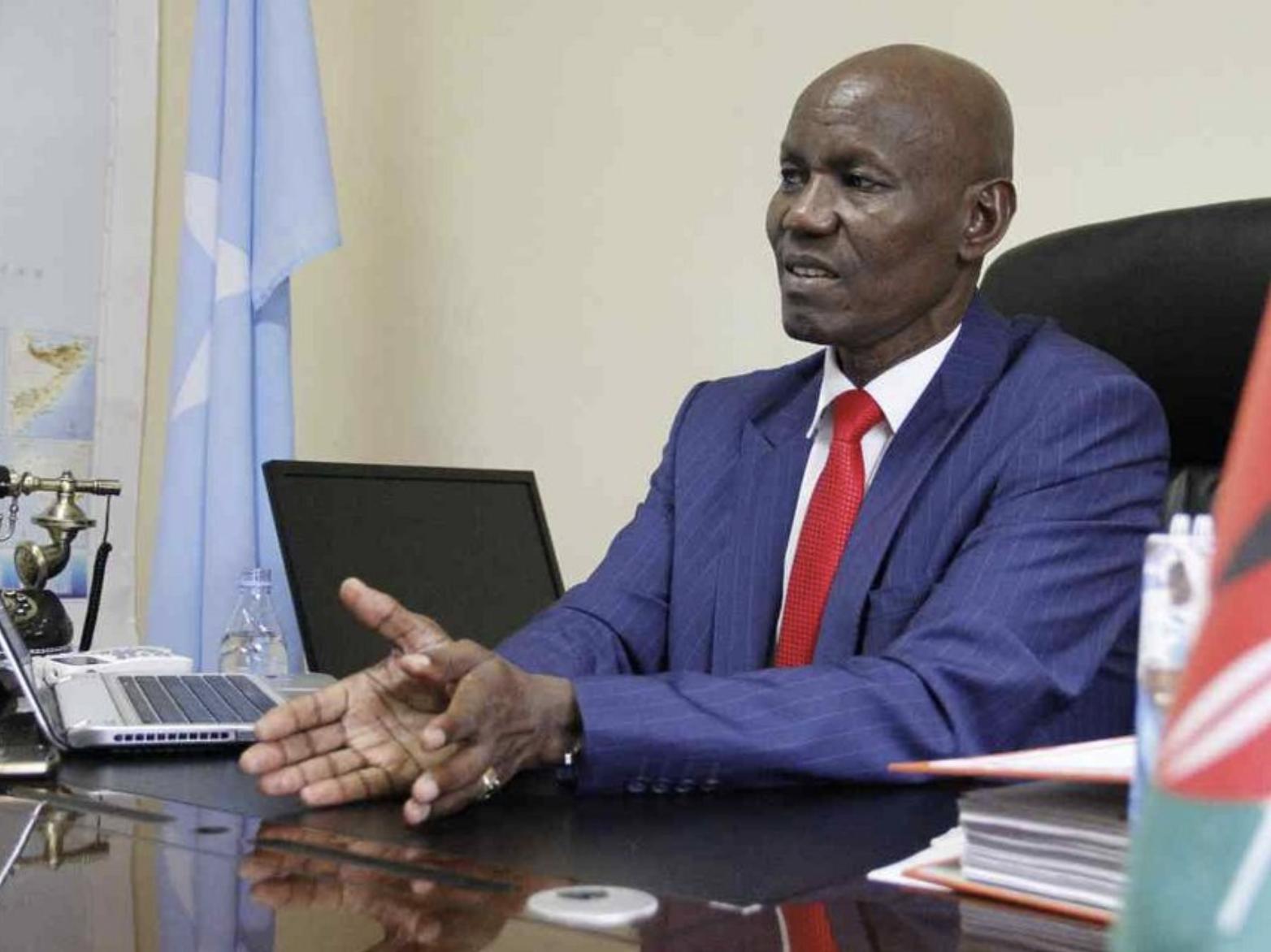The recruitment process recently undertaken by the Agriculture and Food Authority (AFA), a state parastatal operating under the Ministry of Agriculture, has become the subject of an intensifying inquiry, following a wave of allegations suggesting that the exercise was manipulated, opaque, and heavily compromised by political interference.
Reports leaking from both applicants and internal sources paint a troubling picture of a process that was neither grounded in merit nor committed to fairness but rather orchestrated to benefit a select few with political or ethnic connections.

While hundreds of hopeful candidates responded in good faith to interview invitations, including for driver positions, the actual unfolding of events bore little resemblance to a structured, transparent recruitment exercise expected of a public agency entrusted with billions in taxpayer funding and strategic national mandates.
At the center of the controversy lies the curious and abrupt role reversal involving Africa Management Solutions (AMS), a private consultancy firm contracted to manage the recruitment process.
Initially positioned to lend professionalism and neutrality to the exercise, AMS is reported to have conducted only the first phase of interviews before the process was abruptly reclaimed by AFA itself, without explanation or public accountability.
In the wake of this transition, interviews reportedly devolved into secretive, irregularly scheduled sessions with no standardized format, no group assessments, and no follow-up communication, such as regret or retreat letters, as is standard practice.
What followed was even more troubling.
Reports surfaced that those who were neither shortlisted nor interviewed were offered employment, casting serious doubt on whether the process had ever been intended to be competitive, transparent or fair in the first place.
Equally concerning is the institutional backdrop against which these irregularities are taking place. AFA, despite being a critical regulatory body overseeing the country’s vast agricultural sector, has long operated without a formally established Human Resource framework, creating a vacuum of internal accountability and technical integrity.
This vacuum, according to insiders, has enabled unchecked tribal favoritism, with accusations of ethnic dominance, leading to skewed representation and deepening public mistrust.
In bypassing established government training and recruitment institutions in favuor of a private firm, only to later sideline the firm without explanation, AFA’s recruitment actions raise fundamental questions about compliance with public procurement laws, the value-for-money justification of hiring AMS, and the broader implications of allowing political patronage to quietly override institutional hiring mandates.
The situation demands urgent investigation by agencies such as the Public Service Commission, NCIC, and the Ethics and Anti-Corruption Commission before public trust in state hiring processes erodes completely.
“Hi Cyprian. I am writing to raise serious concerns regarding the recent recruitment process conducted by the Agriculture and Food Authority (AFA), a government parastatal under the Ministry of Agriculture. The process has been marred by irregularities, lack of transparency, and what appears to be political interference, making it almost impossible for qualified and deserving candidates without political godfathers to secure employment.
About two months ago, AFA invited candidates for interviews through SMS, stating that the process would include multiple stages—first, second, and possibly third interviews. Positions such as drivers were specifically mentioned. To many applicants’ surprise, only a theory-based interview was conducted, and no further communication—no retreat letters, no regret notifications, and no second-stage invitations—was ever issued. The process went silent without explanation.
AFA had contracted Africa Management Solutions (AMS), a private consultancy firm, to manage the recruitment process. However, credible accounts suggest AMS was not allowed to operate independently. AFA reportedly reclaimed control midway and continued the recruitment internally—undermining the transparency the consultancy was supposed to guarantee. This raises troubling questions about possible manipulation, internal interference, and the genuine purpose of involving a recruitment agency at all. Worse still, individuals who were neither shortlisted nor interviewed have reportedly already been offered positions—particularly for roles like that of drivers—indicating that merit was sidelined in favor of favoritism and behind-the-scenes lobbying.
Another troubling aspect is AFA’s lack of a properly established Human Resource (HR) structure. For a government agency of this scale to operate without a formal HR framework is deeply problematic. It begs critical questions: Why did AFA bypass credible public institutions like the Kenya Institute of Business Training (KIBT) or the Kenya Institute of Human Resource Development (KIHRD) and instead opt for a private firm? Was this aligned with public procurement laws? Was value for money achieved? And if the consultancy was deemed fit, why wasn’t it allowed to finish the task independently and transparently?
In addition, I respectfully urge the relevant investigative bodies to scrutinize AFA’s current staffing. There are alarming allegations that some individuals were assigned roles far below their qualifications—including at least one case where a PhD holder was hired as an assistant officer. This is a gross misuse of human capital and a waste of public resources. Even more worrying are claims of entrenched tribal favoritism, with a disproportionately high number of staff reportedly hailing from one ethnic group, specifically the Kalenjin community. This undermines national cohesion and trust. Are ethnic diversity and merit being considered during hiring? How are regional balance and fairness ensured in appointments? Who is responsible for approving these clear disparities?
We are calling on the Public Service Commission, the Ministry of Agriculture, the National Cohesion and Integration Commission (NCIC), and the Ethics and Anti-Corruption Commission (EACC) to launch an immediate and thorough investigation into AFA’s recruitment practices. If necessary, we demand a full recall and audit of the process to restore public confidence and ensure qualified Kenyans get a fair shot.
Key questions that urgently require answers include:
Why was a private recruitment firm hired instead of a government institution?
Was there value for money in engaging Africa Management Solutions (AMS)?
Why did AFA interrupt the process and take it over midway?
Were all shortlisted candidates treated equally, or were others added secretly later?
What safeguards exist to prevent political interference and tribal bias in future recruitments?
Are staff roles at AFA aligned with their actual academic and professional qualifications?
We, the voiceless and jobless citizens, continue to suffer while well-connected individuals benefit from opaque, politically influenced systems. We urge your platform to expose these injustices and hold AFA accountable for what appears to be a deeply compromised recruitment process.
On the issue of driver recruitment in particular, the irregularities were blatant. Normally, such interviews involve both theory and practical stages conducted in groups, ensuring fairness and transparency. But in this case, candidates were summoned individually at odd intervals. No group assessments. No clear structure. No follow-up communication. Then the process went dark—and suddenly, we heard certain people had been hired, individuals we had never seen at any stage of the interview process.
So we ask:
Why did AMS stop after only the first stage of interviews?
Why did AFA seize control of the process instead of letting AMS complete its work?
Why was a public recruitment handled with such secrecy?
Was this ever about merit—or was the outcome predetermined from the start?
In principle, agencies like AMS are meant to ensure fairness and professionalism—especially where internal HR structures are weak. But in this case, the consultancy seems to have been used more for appearances than impact. It did not run the process independently. It did not shield candidates from internal or political manipulation. Instead, its involvement may have simply provided cover for a recruitment process whose real decisions were made quietly, behind closed doors.
We believe this betrayal of public trust must not go unchallenged.”




